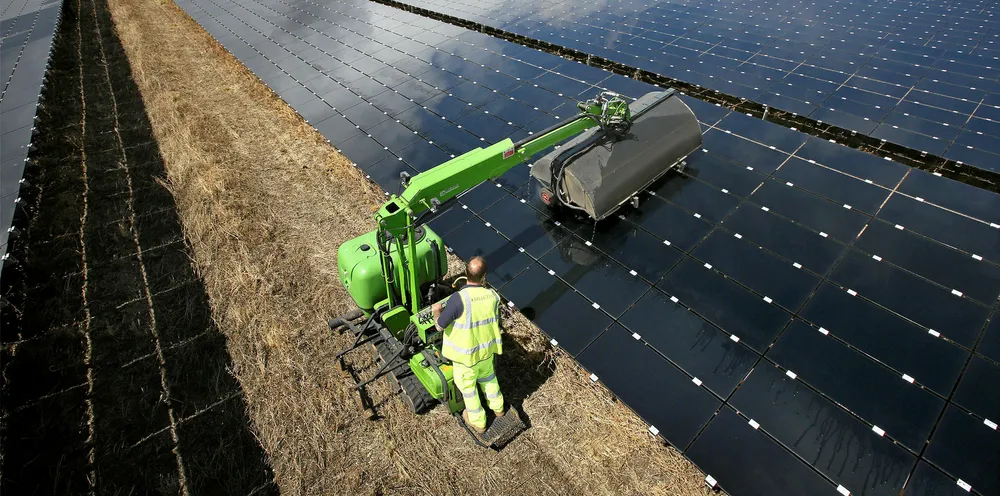Unions slam 'appalling' UK green jobs drop after wind and solar subsidy cuts
TUC claims total jobs in clean energy fell despite offshore wind boost, as onshore and solar suffered

TUC claims total jobs in clean energy fell despite offshore wind boost, as onshore and solar suffered
